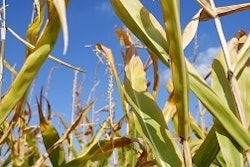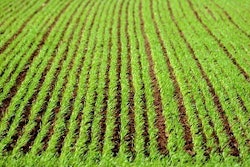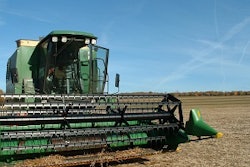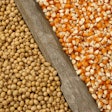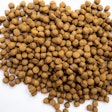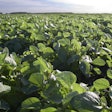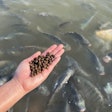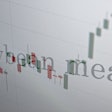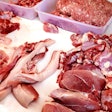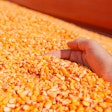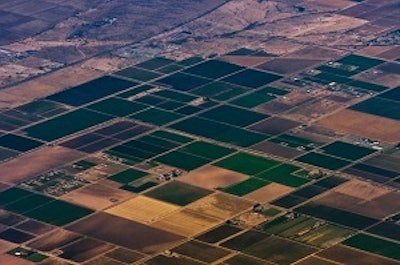
From WATTAgNet:
The U.S. Department of Agriculture (USDA) says U.S. producers are expected to plant fewer acres of corn and soybeans in 2015 due to lower commodity prices and reduced farm income.
Although there is a period of depressed prices forecast, the USDA says the financial health of the agriculture sector is strong because producers took advantage of record harvests and high prices in past seasons to strengthen their bottom line.
USDA also says U.S farmers are expected to benefit from strong global demand and new trade deals.
“The forecast for the coming production year is bright,” said Robert Johansson, USDA’s acting chief economist. “Record production has meant that stock levels are higher and prices are lower, but producers will benefit from record asset levels and from new farm programs intended to cushion declines in farm income.”
Eighty-nine million acres of corn is expected to be planted in 2015, down 1.6 million acres from 2014. Soybeans are expected to be planted on 83.5 million acres, a decrease of 200,000 acres. Based on USDA’s yield forecast, that would produce 13.6 billion bushels of corn and 3.8 billion bushels of soybeans.
Corn prices during the 2015-16 marketing year are expected to average $3.50 per bushel, down from $6.89 three years ago. Soybeans are expected to fall to $9 per bushel from $14.40 three years ago.
Farmers expected to plant fewer acres of corn, soybeans

USDA: Farmers Will Plant Less Acres in 2015


